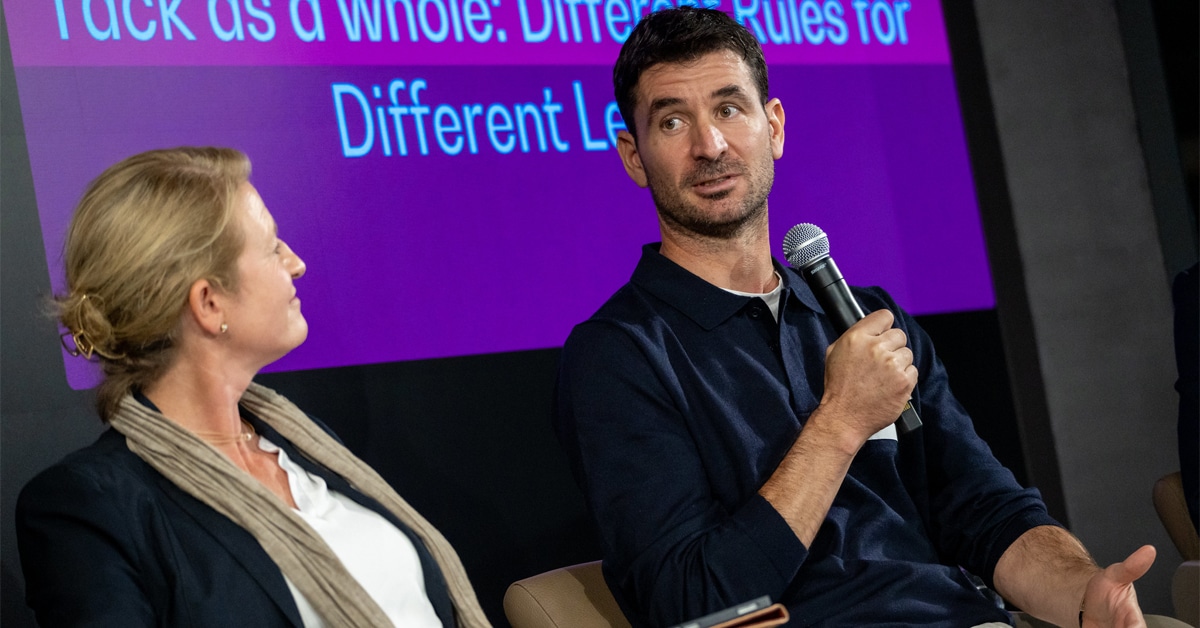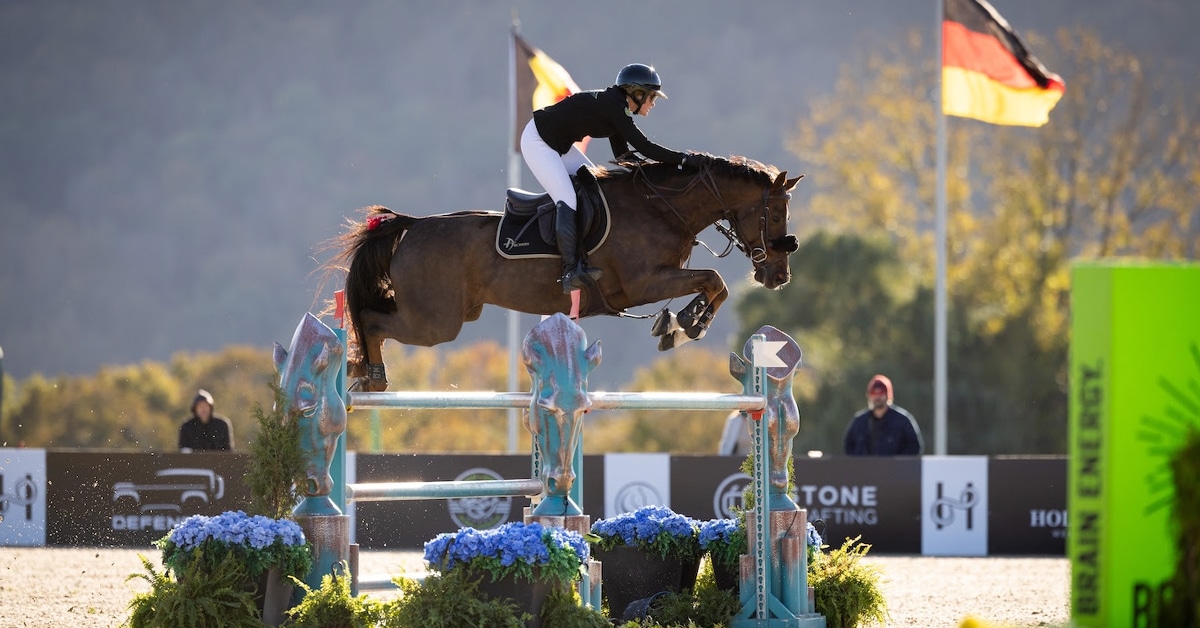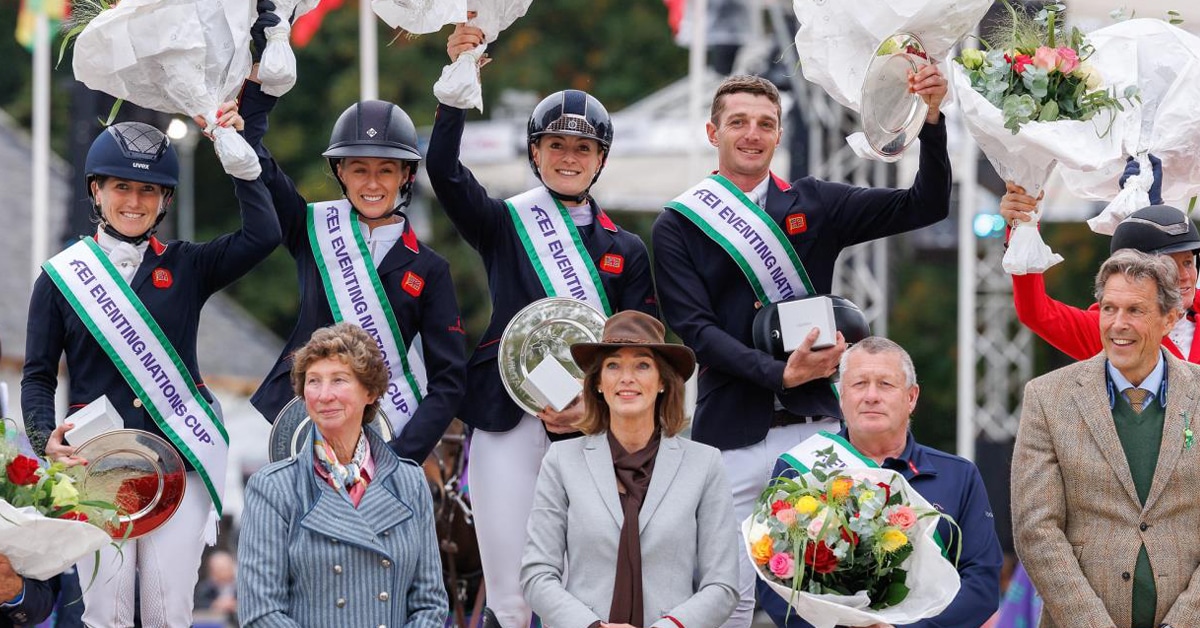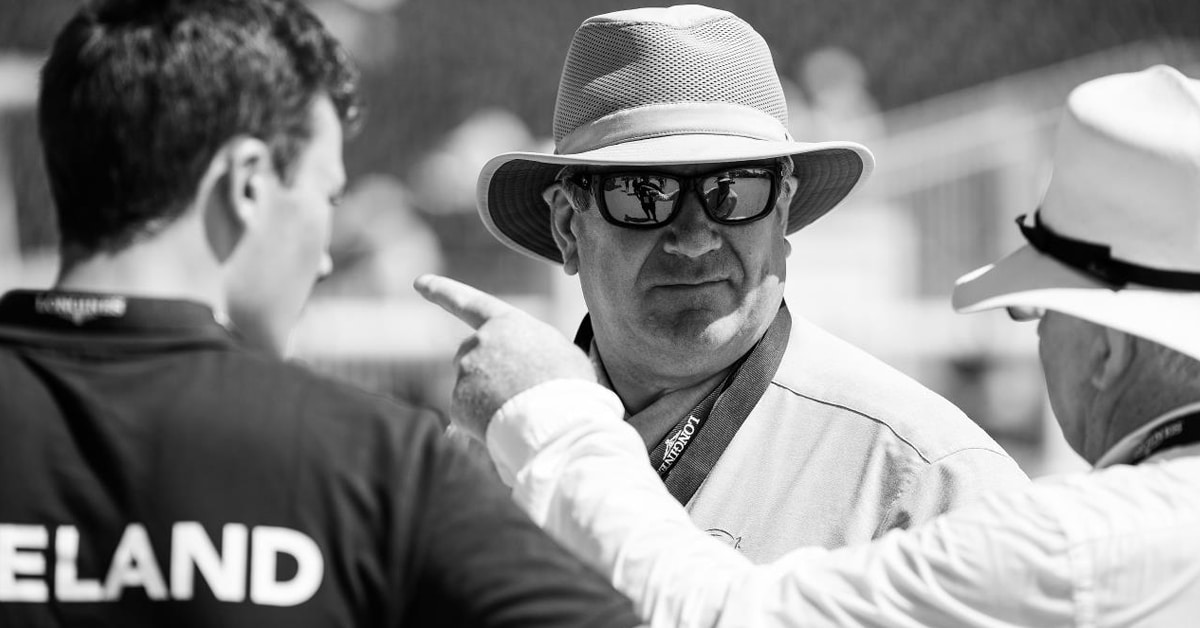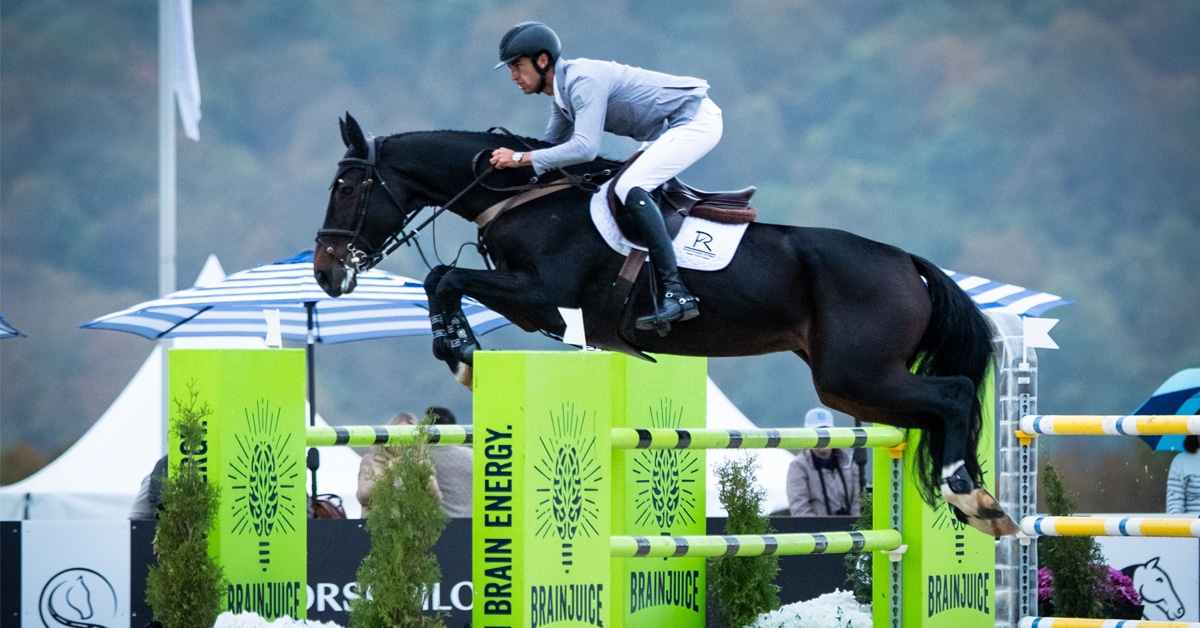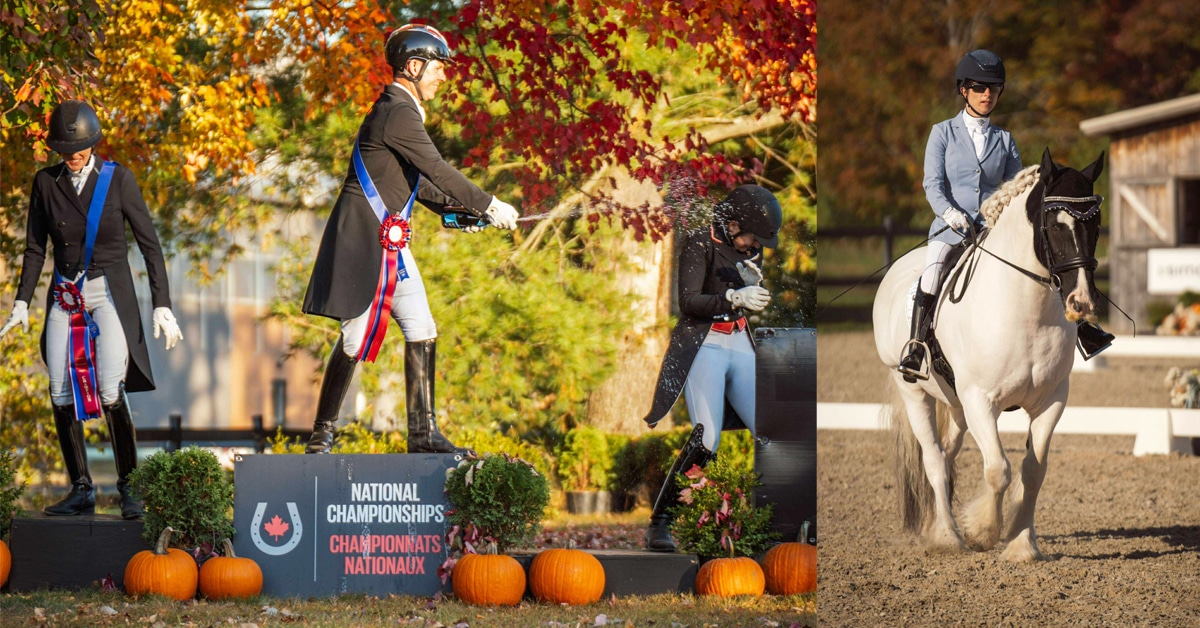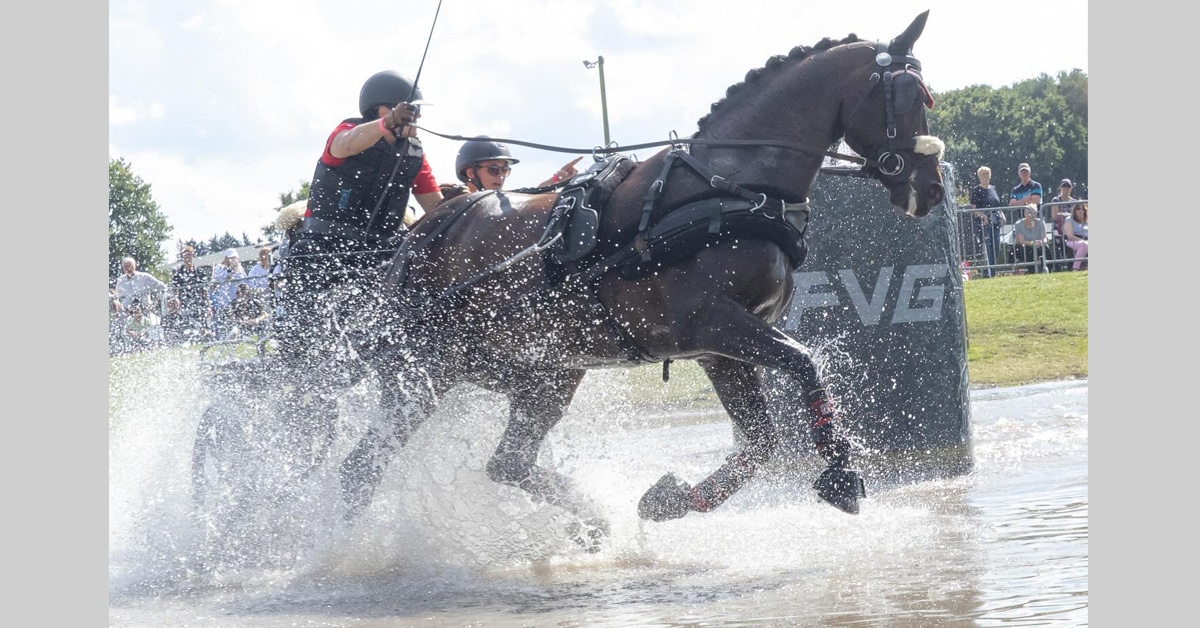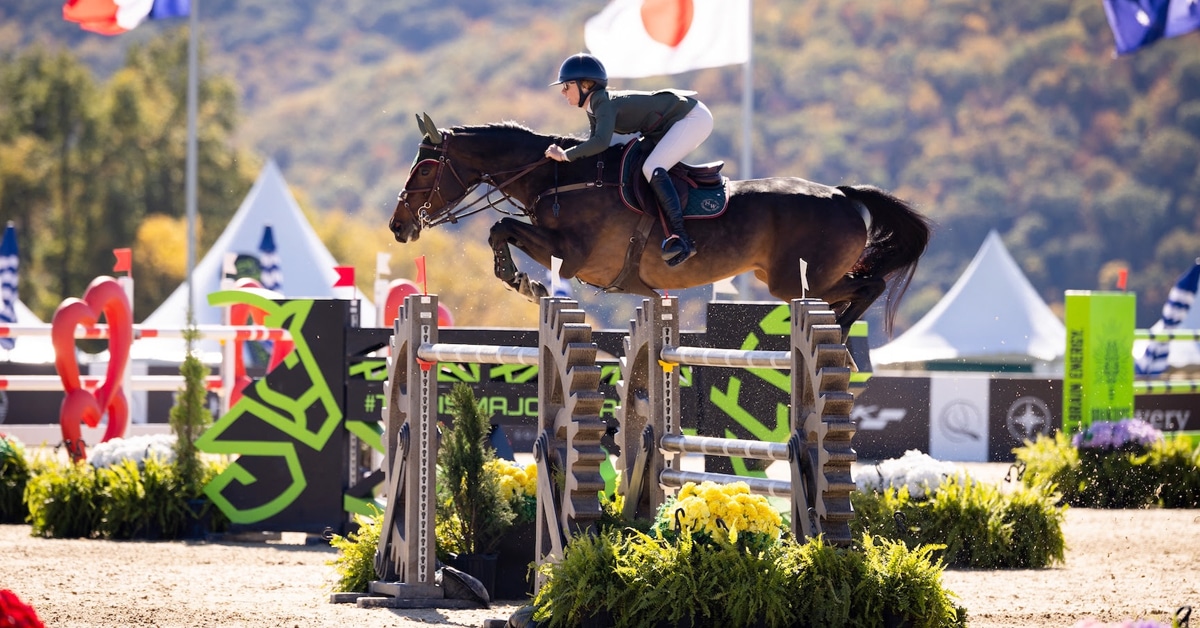A 5km test for three-year-old sport horses at speeds, which could exceed 30km/h (18.6m/h), has been scrapped by organisers of the FEI World Endurance Breeding Championships after outcry from riders and Arabian horse breeders.
The Samorin Equestrian Centre in Slovakia were the organizers of the event which was to featured speed trials for three-, four- and five-year-olds as detailed in this promotional flyer. The tests were intended to provide a supporting attraction during an Arabian Horse Festival starting September 29, which incorporates the official FEI 130km endurance championship for seven-year-olds. It is understood the FEI was unaware and had not been asked to approve the additional program, but it has intervened in recent days.
Astonished horsemen took to social media to call for a boycott. Others queried the “sanity” of any producer attempting to break-in and then prepare young horses for these onerous tests in just 10 weeks. All categories would have been required to achieve a heart-rate recovery of just 56 beats per minute within 10 minutes.
Among riders lobbying the FEI to act was Tarek Taher, the Saudi competitor standing on a clean sport ticket for the FEI endurance committee. Taher also posted on Facebook: “I am besides myself, this is insane! Imagine how many horses are destroyed in the process; how many good horses will not have a career before they even get a chance?”
The original flyer – now pulled by the organisers – described the tests as the festival’s “pinnacle.” Three-year-olds were required to complete “three laps” of Samorin’s oval racecourse at a maximum average speed of 30km/h; four-year-olds would have galloped 10km and five-year-olds 20km each at an average 25km/h.
Each horse passing the first veterinary inspection would have been awarded 500 Euros ($584), and been eligible for an auction at the end of the week. Young endurance horse competitions in Europe are a magnet for Emirati buyers: the UAE currently own around 50% of all FEI-registered endurance horses (see my blogs here and here.)
Ironically, until the end of 2017 Samorin’s organising committee was deemed competent to host the 2022 FEI World Equestrian Games, though they dropped out after declining to sign the WEG organiser’s agreement.
The World Arabian Horse Organisation (WAHO) also told Horse-Canada.com it was concerned and was considering contacting the FEI.
Meanwhile, Ahmed Al Sammarraie, chairman of the German breeding association of Arabian sport horses and president of ISG, the world breeding organisation for Shagya-Arabians, has been in discussion with Samorin in the past 24 hours. He is hopeful of persuading them to substitute horse-friendly tests. He said ISG had previously agreed to support the championships at Samorin, having been led to believe the non-FEI program would be similar to the established formula used at Uzes, France.
Al Sammarraie was “irritated” to receive the flyer. He is recommending the three-year-olds be shown in-hand only, with maximum average speeds of 15km/h for the four-year-olds, and 18km/h for the five-year-olds.
Ironically, the minimum age for the official FEI young horse championship rises to eight next year, as a result of FEI concerns that so few seven-year-old championship horses are still in competition two years later.
The Samorin drama also illustrates how little has been achieved so far in changing the high speed endurance culture, and how difficult it will continue to be when the UAE and its followers have such huge budgets to play with.
In the past few weeks, three established endurance rides in France have cancelled because so many French riders are preferring to travel to the Dubai-promoted Toscana Lifestyle ride in Italy (July 24-27), where 2 million Euros in rider “benefits” are on offer. Similar big money events were controversially promoted by Dubai in Italy last year, and also at Euston, UK, where there were reports of horses being hurriedly brought out of retirement because of the “appearance money” on offer.
More News
